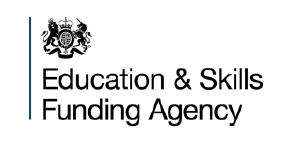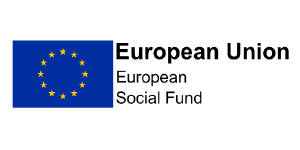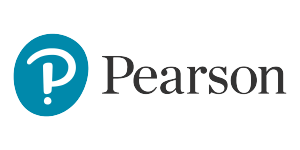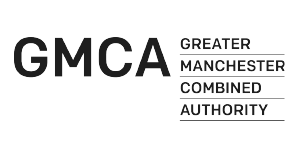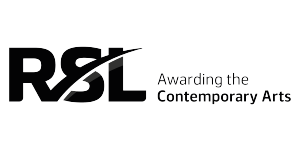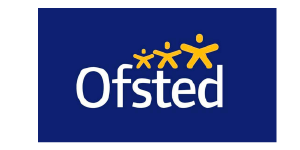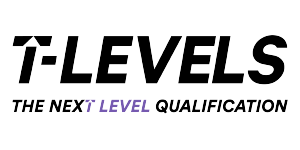Getting your first professional job role can be daunting. You can feel like you don’t have a lot to offer when you don’t have a CV that is full of work experience. You may feel imposter syndrome, even when you have great skills. It is particularly hard to evaluate your own experiences and the value you can bring to a role. However, some basic preparations and techniques can give you some confidence to go into the interview to be successful.
Start with some basic preparations in the days before the interview

Making a mind map of your skills, experiences and understanding of the role can help you to prepare for any questions you may be asked. Writing it down is a better way to embed things in your memory in a visual way. You may want to take a CV and cover letter along with you to refer to in the interview.
Make sure you know what they are asking you to do
Understanding the job role and the company is essential. Again, you can mind map this.
Be on time prepared and relaxed for your interview
It is worth giving yourself time to get there and prepare. Look in the mirror and stretch your arms out to make yourself feel bigger. Make yourself feel like you are in control and can join a team of older, more experienced people. They were once in your position themselves.
Be confident when entering the room

Learn the interviewer’s name and try to use it. Give them a handshake.
Employer: Hi ___, I’m Claire and I’m the ___ at ___
You: Hi Claire, nice to meet you, I’m ____ – thanks for seeing me today
People skills go a long way
Employees like to feel they can work with a person and are not always obsessed just with technical skills or qualifications. They need to see a fit in their team and that is down to people skills – give good eye contact, dress well and look like you care about being there and value their time. Thank them for seeing you today.
Ask the employer some questions
What do they do? People love to talk about themselves and find this easy.
Take time in your answers

Speak clearly and confidently without moving too quickly. Clear, easy-to-understand language shows you are a good communicator. The employer needs to hear what you are saying and understand it, so make sure the main points come across. Ensure you are positive about their work and their environment. After all, you want to join it.
Talk about your course experiences
You may not yet have lots of external experiences to draw from, so how can your course experiences help you? Consider where you have gained the following technical skills and soft skills:
- Team working – have you worked on course projects? What did you deliver?
- Leadership
- Working to deadlines
- Generating creative ideas and content
- Finishing pieces of work to a high standard
- Helping others – peer to peer
- Learning a new skill and applying it
Answering questions
Consider your responses carefully and think about how you can give the most positive impression, when you may have gaps in knowledge or skills – You may lack some experience, but if you get past this by talking about character traits or other experiences you have, the employer may overlook a lack of knowledge.
e.g. You get up early and work out, then you do some developing and self-learning. You are autonomous and motivated.
Don’t dwell on any negatives, change them into positives

“I’ve not done that exact thing before, but I have done ___ and I am willing to learn how to adapt my skills to that.”
Think about what you can offer them, not what they can offer you
This might not be a technical skill, but instead soft skills like motivation, self-learning, self-improvement, autonomous approaches and positivity/passion about your subject area.
Self-sell effectively
Don’t be afraid to talk positively about your skills and experiences, as long as you don’t come across as arrogant.
Consider how they are investing in you
Tell them you want experience in a professional workplace and that you feel you would thrive if you are offered this. Help them to care about your journey and your career development.
First and last impressions count
Thank them for their time and leave the room confidently. Try to follow up if you can, to thank them for seeing you and giving you a valuable experience.
Where is the best place to start a creative career?

If you want to start a creative career in Norwich, Access Creative College has you covered.
We offer courses in:
- Games
- Media
- Music
- T Levels (Software Development)
Apply for a course to start in September 2025!
